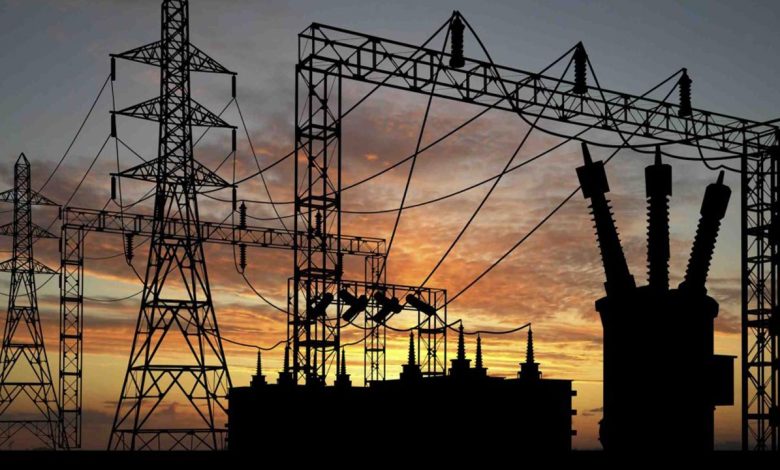
Labour Party 2023 presidential candidate, Peter Obi, has expressed concern over Nigeria’s inability to provide adequate electricity to its citizens, citing Tanzania’s recent shutdown of five hydroelectric stations due to excess electricity.
In a statement on his official X handle, Obi highlighted Tanzania’s success in powering its major cities and increasing electricity access for both urban and rural areas, contrasting it with Nigeria’s ongoing struggle to provide electricity to 60% of its over 200 million population.
Obi stated, “Yesterday, I read a report in the Media on how Tanzania, our East African fellow nation, recently shut down five hydroelectric stations to reduce excess electricity in the national grid.
“Their decision to shut down these power stations stemmed from the fact that their electricity production was already enough to power their major cities and give electricity access to the rural dwellers.
“In pain, I wondered how our nation, the giant of Africa, could not be able to power even one of the major cities, for example, the capital Abuja, while Tanzania has succeeded in powering all their major cities.
“A World Bank report showed how strong political will and commitment have been responsible for rapid electricity access in Tanzania which has seen electricity access move from 7% in 2011 to almost 40% (37.7%) in 2020, during which about 75% (73.2%) of urban dwellers gained access to electricity and about 25% (24.5%) of rural areas gained access to electricity.
“A similar report, in June 2023, showed that about 70 per cent of 40 million Tanzanians living in rural areas have received access to electricity, signifying a monumental growth in the sector, while regrettably Nigeria’s situation, remains the opposite. In Nigeria, 60% of our over 200 million people live without access to electricity, according to a 2022 Energy Progress Report.”
Obi stressed the economic losses incurred due to the lack of electricity access in Nigeria and urged the government to take decisive action to improve the power sector.
He further articulated, “Considering the economic loss resulting from the lack of access to electricity in our nation, which remains immeasurable and with the recent electricity tariff increase, one would expect that we would be able, at least, to power one major city in each geo-political zone soon, and increase our overall access both in the urban and rural areas.
“The government must, therefore, sanitize and rescue the sector for the good of the nation. If Tanzania could achieve such a milestone in power generation, then Nigeria can do it even better with competent and committed leadership. A stable power sector is very critical for the journey to a New Nigeria, to which we remain committed,” he concluded.









Leave a Reply